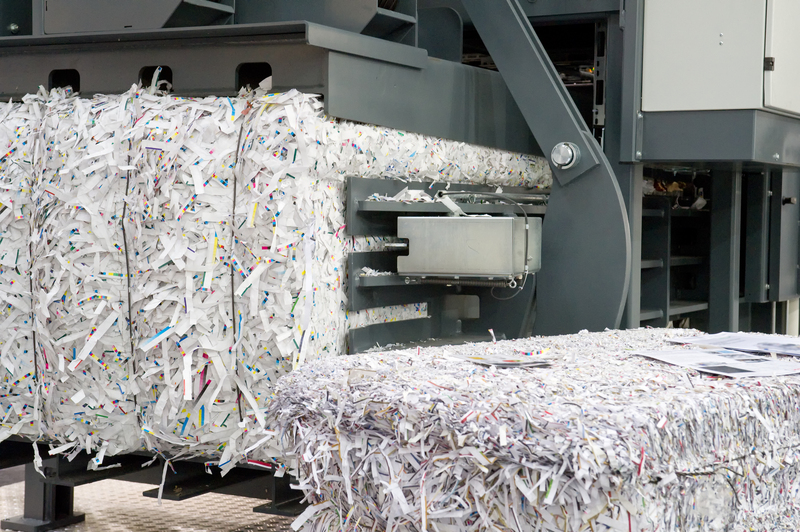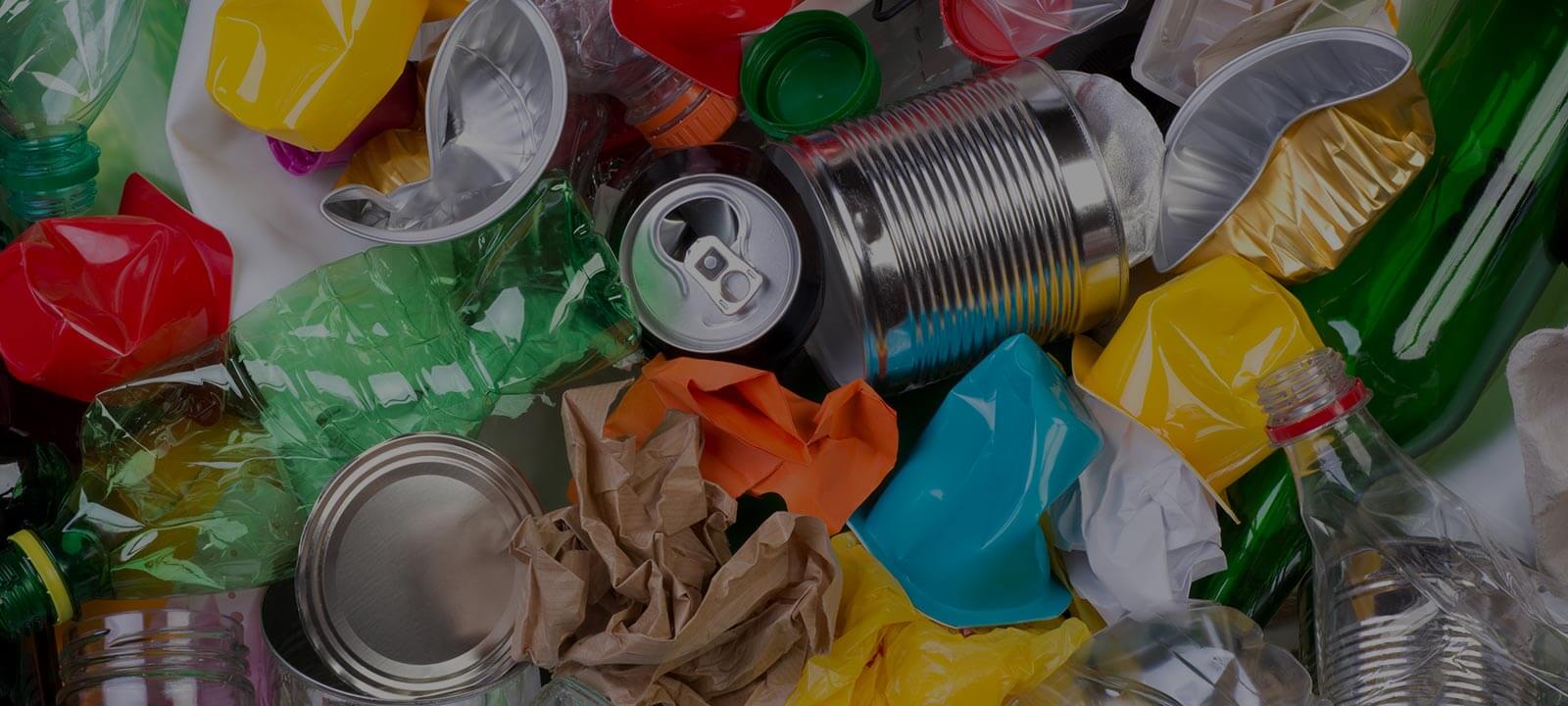Earth-Friendly Habits: Minimize Family Waste
Posted on 08/03/2025
Living sustainably often seems overwhelming for many families, but small, consistent steps can lead to significant environmental impacts. This article examines practical, earth-friendly habits that can help minimize family waste, turning homes into hubs of sustainability. By incorporating these habits, you can foster a greener lifestyle while setting a positive example for the next generation.
Understanding the Problem: Why Reducing Waste Matters
Waste is a pressing environmental issue that affects our planet on multiple levels. Landfills are overflowing, incineration releases harmful toxins, and unchecked waste contributes to ocean pollution. The mantra "reduce, reuse, recycle" provides a framework that families can adapt to decrease their waste output effectively.

The Power of Reducing: Less is More
The first and perhaps most critical step in minimizing waste is to reduce the amount of waste generated. Here are some ways to achieve this:
- Buy in Bulk: Purchasing in larger quantities can minimize packaging waste. Items like grains, nuts, and cleaning supplies are often available in bulk, allowing you to refill containers instead of purchasing new ones.
- Opt for Reusable Over Disposable: Switching to reusable bags, bottles, and containers drastically reduces waste.
- Avoid Single-Use Plastics: Products made for one-time use are significant contributors to waste. By opting for alternatives such as metal straws or cloth napkins, families can substantially decrease their waste footprint.
Reuse: Giving Items a Second Life
Reusing items before discarding them is another effective way to minimize waste. This can involve straightforward strategies:
- Repurpose Household Items: Old jars can become storage containers, and worn-out clothes can be turned into cleaning rags.
- Thrift and Second-Hand Shopping: Purchasing used items not only conserves resources but also supports sustainable consumption.
- Community Sharing: Platforms like Freecycle and community swap events allow people to give and receive items, reducing the need for new purchases.
Recycling: Efficient and Smart Practices
Recycling is often the most well-known aspect of waste management, yet it is frequently misunderstood. Effective recycling requires attention to detail:
- Know Your Local Guidelines: Different municipalities have various recycling rules, so it's crucial to familiarize yourself with them to ensure proper sorting and disposal.
- Clean and Dry: Contaminated recyclables can derail entire batches of recycling. Always rinse and dry items before placing them in recycling bins.
- E-Waste Management: Electronics require special disposal due to their toxic components. Many areas offer e-waste recycling programs that can properly handle these items.
Composting: Transforming Waste into Gold
Organic waste, like kitchen scraps and yard clippings, can be transformed into nutrient-rich compost. While composting requires some initial effort and knowledge, the environmental benefits are substantial:
- Start a Compost Bin: A backyard compost bin or a vermiculture system are excellent ways to convert organic waste into compost.
- Composting Services: Some cities offer compost collection services, making it easier for families to participate without maintaining their own composting system.
- Participate in Community Gardens: Many community gardens accept compost donations, allowing you to contribute to communal green spaces.
Mindful Consumption: Making Informed Choices
Being mindful about what we consume can radically reduce waste. Here are some effective strategies:
- Plan Meals: Meal planning minimizes food waste by ensuring you only buy what will be used.
- Sustainable Packaging: Look for products with minimal or sustainable packaging, such as those made from recycled materials.
- Support Ethical Brands: Supporting businesses that prioritize sustainability encourages broader industry change.
Involving Children: Educate and Empower the Next Generation
Children are impressionable and eager to learn. Teaching them about sustainable habits not only fosters their development but also promotes lifelong earth-friendly behaviors:
- Eco-Friendly Crafts: Use recyclable materials for craft projects to instill a sense of environmental responsibility.
- Interactive Learning: Books, games, and activities focused on sustainability can make learning fun.
- Lead by Example: Children often emulate adult behavior. Practicing sustainable habits sets a positive example that encourages them to follow suit.
Creating a Zero-Waste Home: Steps to Get Started
Achieving a zero-waste home is a gradual process that requires commitment and consistency. Here is how to get started:
- Audit Your Waste: Keep track of what you throw away to identify areas where you can reduce waste.
- Set Realistic Goals: Aim for attainable milestones, such as reducing plastic usage or starting composting.
- Celebrate Progress: Recognizing and celebrating small victories will keep your family motivated.
Community Involvement: Strength in Numbers
Individual efforts are crucial, but community involvement amplifies the impact. Here are ways to engage your community:
- Organize Clean-Up Drives: Community clean-ups not only improve local areas but also raise awareness about waste management.
- Advocate for Policy Changes: Support local and national policies that encourage sustainable practices.
- Join Environmental Groups: Many organizations focus on waste reduction and sustainability. Joining such groups can provide support and resources.

Technological Solutions: Innovative Waste Management
Leveraging technology can also aid in minimizing family waste:
- Waste Management Apps: Apps can help track waste, locate recycling centers, and offer tips for reducing waste.
- Smart Appliances: Innovations like smart refrigerators can help manage food inventory and reduce waste.
- Digital Receipts: Opt for electronic receipts to minimize paper waste.
Conclusion: Every Small Step Counts
Minimizing family waste is a noble and achievable goal. The key lies in integrating earth-friendly habits into daily routines. Small, consistent actions can collectively bring about significant changes. By adopting these practices, not only do we contribute to a healthier planet, but we also promote a culture of sustainability that will benefit future generations.
Remember, every small step counts. Whether it's opting for reusable bags, starting a compost bin, or teaching children about recycling, each effort contributes to a larger movement towards a sustainable future. Embrace these habits, involve your family, and create a legacy of environmental stewardship that can inspire others in your community and beyond.
Latest Posts
Alternatives to Common Plastic Items
Recycling Strategies for Non-Compostable Garden Materials






